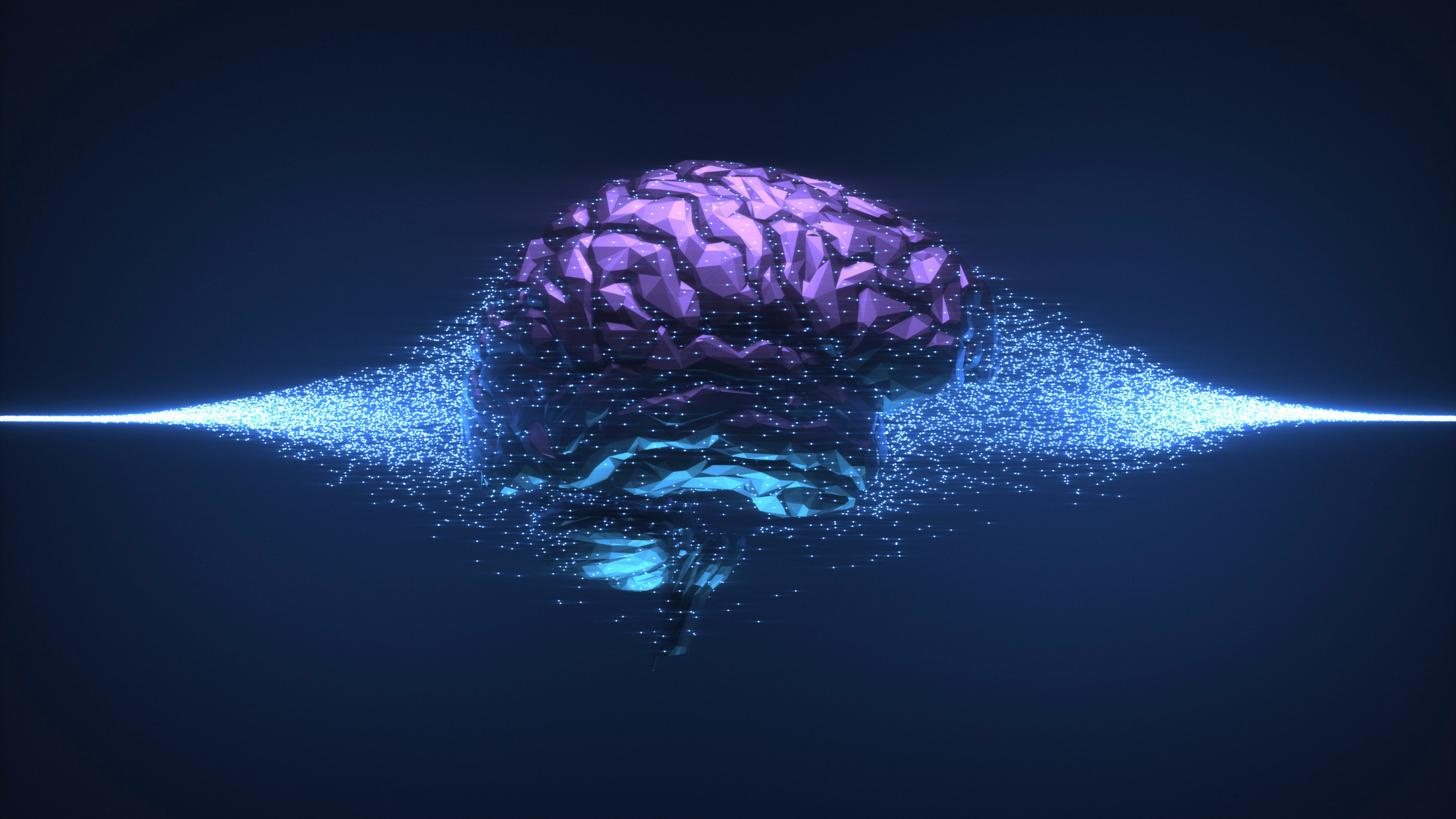The rise of AI chatbots has transformed how businesses interact with users, offering instant responses, automation, and personalized experiences. However, integrating chatbots with blockchain takes these benefits a step further, ensuring transparency, security, and efficiency.
For CEOs, CTOs, developers, and investors, understanding how AI chatbots built on blockchain can drive business value is crucial. This article explores why this combination is a game-changer and how it enhances user interaction, security, and automation.
1. The Evolution of AI Chatbots in Blockchain
From Rule-Based Systems to Intelligent AI
Traditional chatbots were limited to scripted responses. Modern AI-driven chatbots use Natural Language Processing (NLP) and machine learning (ML) to engage in meaningful conversations and learn from user interactions. When paired with blockchain, these chatbots become trustworthy, secure, and automated.
The Evolution of Chatbots: From Traditional Chatbots to AI Agents (Source: AIPoint)
Why Blockchain for AI Chatbots?
- Decentralization: Eliminates single points of failure, ensuring uninterrupted service.
- Security & Privacy: Blockchain’s encryption prevents data manipulation and unauthorized access.
- Transparency: Smart contracts ensure fair, auditable chatbot interactions.
- Efficiency: Automates chatbot processes, reducing operational costs.
2. Key Benefits of AI Chatbots on Blockchain
A. Unparalleled Security & Privacy
One of the biggest challenges in AI-driven chatbots is data privacy. Traditional chatbots store user information on centralized servers, making them vulnerable to breaches. Blockchain-based AI chatbots encrypt and store data on decentralized ledgers, ensuring tamper-proof, secure conversations.
A healthcare provider used a blockchain-based AI chatbot for patient interactions, ensuring sensitive medical records remained confidential and immutable.
B. Increased Trust & Transparency
Blockchain’s immutable nature ensures that chatbot interactions remain unchanged and verifiable. This is crucial in industries like finance and legal services, where compliance and record-keeping are essential.
A DeFi platform integrated an AI chatbot to guide users through complex financial products. Every transaction and advice given was stored on-chain, providing transparency to users.
C. Automation Through Smart Contracts
Smart contracts enable chatbots to execute predefined actions without human intervention. For example, an AI chatbot in an e-commerce setting can automatically process refunds when conditions in a smart contract are met, reducing fraud and operational delays.
A retail company integrated a blockchain-based AI chatbot for automated returns, ensuring instant refunds when product conditions met the pre-programmed smart contract logic.
D. AI Chatbots for DeFi & Financial Services
DeFi platforms require real-time assistance due to their complexity. Blockchain-based AI chatbots provide guidance on staking, liquidity pools, and transactions while ensuring a secure and auditable conversation log.
A DeFi platform deployed an AI chatbot to assist users with yield farming strategies, ensuring all advice was blockchain-verified and transparent.
E. Reduced Operational Costs
Implementing AI chatbots on blockchain reduces costs by eliminating third-party fees, manual intervention, and data storage costs associated with centralized systems.
A logistics company automated customer inquiries with a blockchain-based chatbot, reducing support costs by 40%.
Essential Capabilities of AI Chatbots for Blockchain-Based Applications (Source: Ekoios)
3. Use Cases of AI Chatbots in Blockchain
A. Decentralized Customer Support
Traditional customer support faces high costs, delays, and security risks. Blockchain-based AI chatbots offer instant, 24/7 support, reducing response times and enhancing user experience.
A telecom provider used a blockchain-powered AI chatbot to reduce call center workloads and improve resolution times. Source
B. AI Chatbots in Healthcare & Identity Verification
Healthcare chatbots on blockchain can authenticate user identities, manage patient records, and provide medical advice, ensuring data privacy and compliance with healthcare regulations.
A hospital integrated a blockchain-based chatbot for appointment booking, ensuring tamper-proof patient identity verification.
4. Conclusion
AI chatbots on blockchain face challenges like scalability, interoperability, and regulatory compliance, as different jurisdictions impose varying laws. Layer 2 scaling solutions and better cross-chain integration are helping address these issues.
In the future, AI chatbots will become more autonomous, with on-chain AI models improving decision-making. Businesses will increasingly adopt decentralized AI chatbots for secure and efficient communication.
Revolutionizing Customer Engagement: The Power of AI Chatbots (Source: SoluLab)
AI-driven chatbots built on blockchain increase security, trust, and automation, making them an essential tool for businesses in finance, healthcare, and e-commerce. As technology evolves, blockchain-based chatbots will become a standard in digital user interaction.
For companies looking to leverage AI chatbots on blockchain, now is the time to act. Twendee specializes in custom blockchain-based AI solutions that enhance business operations and user engagement.
🚀 Want to integrate AI chatbots into your business?
- Read more: What Makes Grok 3 Stand Out in the Global AI Race
- Follow us on X and LinkedIn





